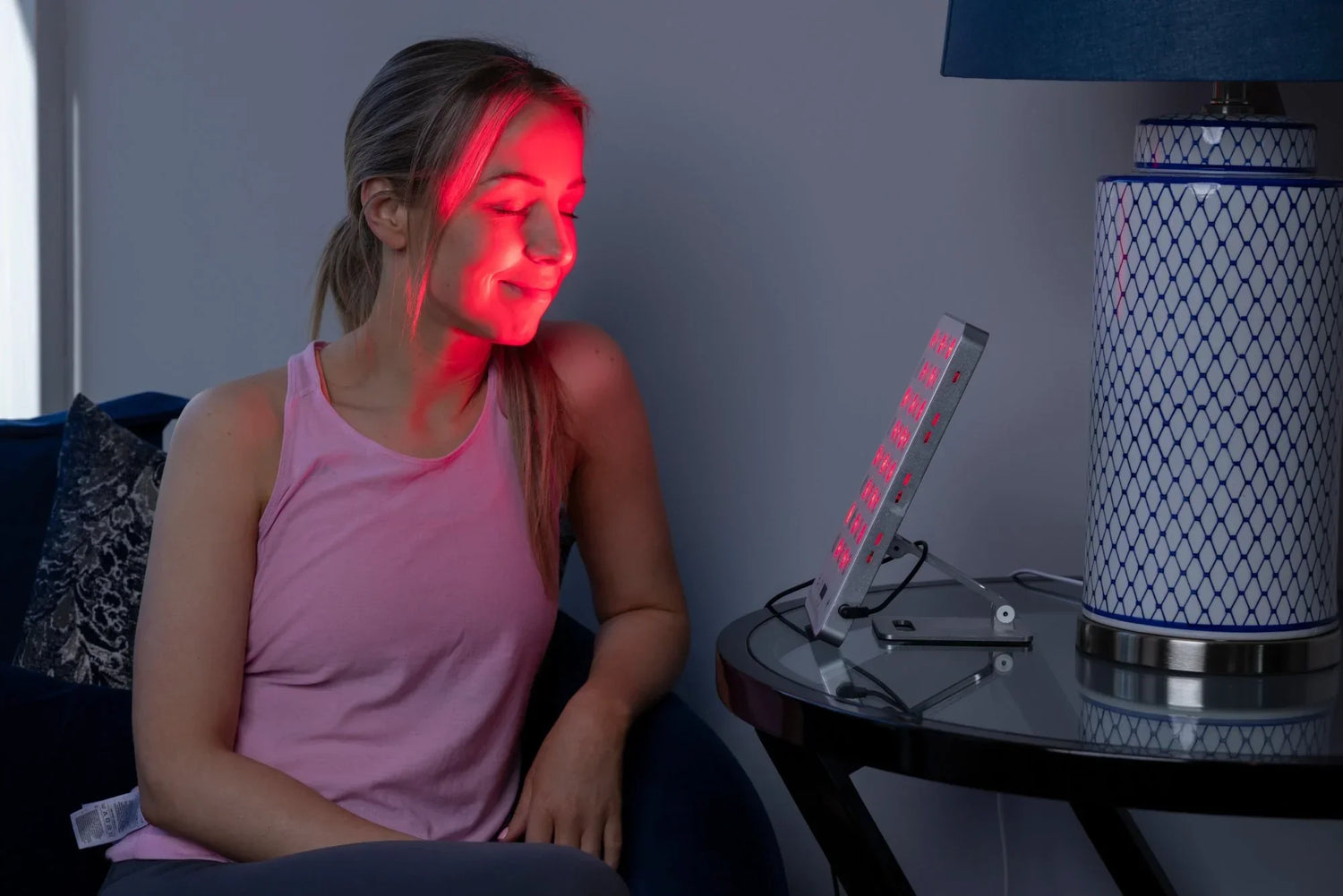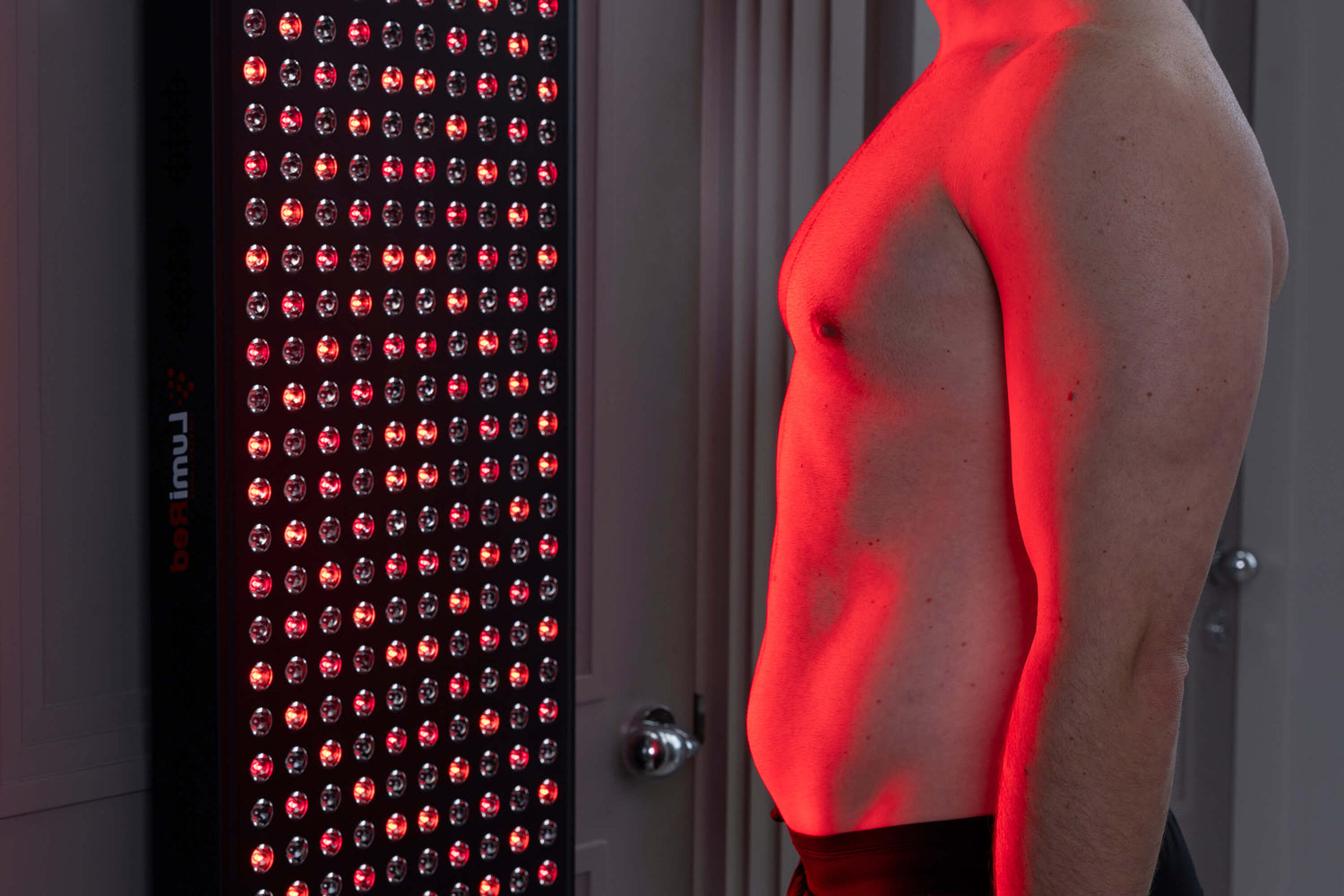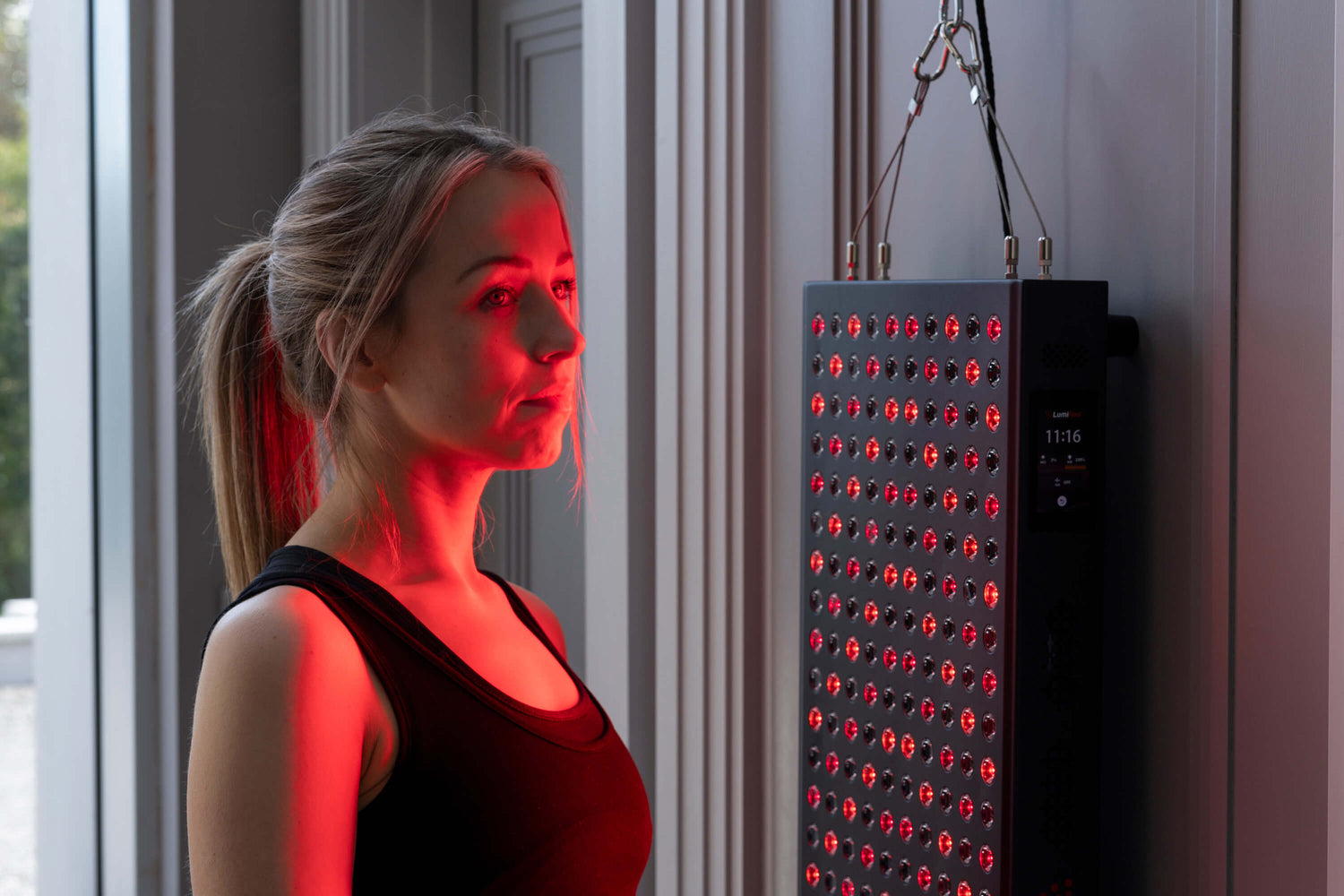Seasonal Affective Disorder (SAD) is a type of depression that occurs at a specific time of year, usually in the winter when there is less natural sunlight. It affects millions of people each year, causing symptoms like mood swings, sleep problems, and lethargy. However, recent advancements in Red Light Therapy (RLT) offer new hope for those struggling with SAD.
Understanding SAD and its Impact
SAD is more than just "winter blues." It's a clinically recognized form of depression that can significantly impact one's quality of life. Symptoms often include persistent low mood, loss of pleasure in everyday activities, changes in appetite, and disrupted sleep patterns. The lack of sunlight in winter months is thought to disrupt our circadian rhythms and reduce the production of serotonin, a mood-enhancing neurotransmitter.
Red Light Therapy: A Beacon of Hope
Red Light Therapy, a non-invasive treatment method using red and near-infrared light, has shown promise in treating various conditions, including SAD. Unlike white light therapy, which has been traditionally used for SAD, RLT offers a unique mechanism of action that can provide relief for those affected.
Counteracting the Effects of Diminished Sunlight
Red light wavelengths are believed to penetrate skin and tissue, impacting cellular health and energy levels. This can help counteract the effects of reduced sunlight exposure during winter, potentially alleviating SAD symptoms
Improving Sleep and Circadian Rhythms
One of the critical benefits of RLT in treating SAD is its potential to improve sleep quality and regulate circadian rhythms. By enhancing melatonin production, the hormone responsible for sleep regulation, RLT can help restore a normal sleep cycle disrupted by SAD.
Boosting Mood-Enhancing Neurotransmitters
RLT may also stimulate the production of neurotransmitters like serotonin and dopamine, which are often deficient in individuals with SAD. This increase can lead to improved mood, greater energy levels, and an overall sense of well-being.
A Safe and Accessible Treatment Option
RLT is known for its safety and ease of use, making it a convenient treatment option for SAD. With minimal side effects, it's accessible for home use, offering individuals a way to manage their symptoms effectively and comfortably.
Embracing Red Light Therapy in Winter Months
Incorporating RLT into daily routines during the winter months can provide a much-needed boost for those affected by SAD. It's advisable to seek guidance from healthcare professionals to integrate RLT effectively into treatment plans.
Conclusion
As the days grow shorter and the nights longer, Red Light Therapy stands out as a beacon of hope for those battling Seasonal Affective Disorder. Its potential to improve mood, sleep, and overall well-being makes it an exciting development in the fight against this seasonal depression. While further research is needed to fully understand its mechanisms, the current evidence suggests that RLT could be a game-changer for many suffering from SAD.
🌐 Sources
1. [health.harvard.edu - Light therapy: Not just for seasonal depression?](https://www.health.harvard.edu/blog/light-therapy-not-just-for-seasonal-depression-202210282840)
2. [ncbi.nlm.nih.gov - Improvement in Depression Scores After 1 Hour of Light...](https://www.ncbi.nlm.nih.gov/pmc/articles/PMC5336550/)
3. [pubmed.ncbi.nlm.nih.gov - Light therapy for preventing seasonal affective disorder](https://pubmed.ncbi.nlm.nih.gov/30883670/)




